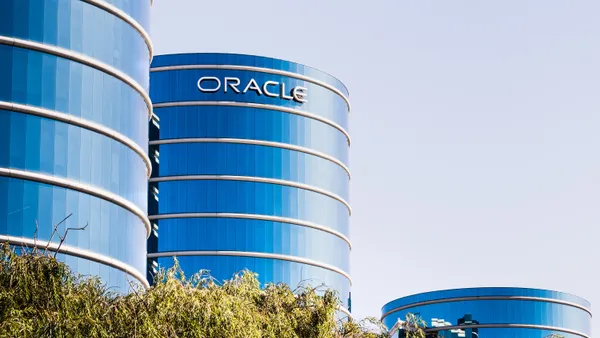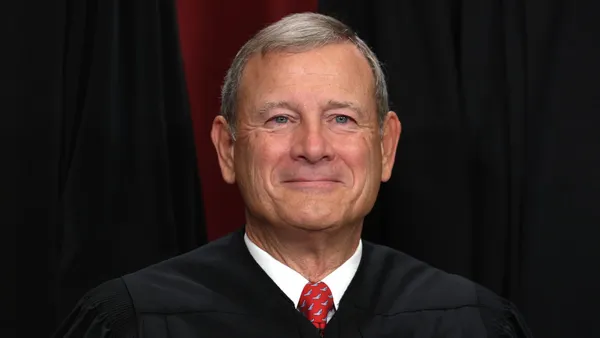President Donald Trump ensured 2025 started with a bang in the diversity, equity and inclusion sector — although many would argue the bang was a gunshot.
The main orders in question, issued on Jan. 20 and Jan. 21, sought to rewrite the federal government’s approach to DEI. One EO rescinded a Biden-era order requiring each government agency to form an equity team, among other measures, while another directed agencies and federal contractors to end all DEI and accessibility programs, policies, offices and positions “under whatever name they appear.” Trump also issued an EO regarding LGBTQ+ workers.
How Fortune 500 companies have responded to the DEI landscape
But both before and after Trump signed his executive orders, the looming threat of litigation continued to influence employers’ decisions to back away from DEI — or recommit to DEI with a new a face. For example, McDonald’s distanced itself from DEI in favor of “global inclusion.”
Amazon sent out an internal memo shifting to “inclusion,” while an HR Dive analysis of its site changes showed removals of support statements for LGBTQ+ and Black people. Meta also shuttered its DEI programs, sparking split reactions from Meta workers. (Similarly, Paramount’s decision also elicited a negative response from workers.)
Google moved away from aspirational hiring goals; Accenture also rolled back its DEI goals similarly.
Banks started stepping away from DEI as well: Morgan Stanley, Capital One, Citi and JPMorgan Chase. Ditto Bank of America, Wells Fargo and Truist.
Perhaps most infamously, Target also ended its DEI initiatives, sparking a February boycott that may have lasting financial effects.
Meanwhile, in the boardroom: Apple advised shareholders to push back on a conservative think tank’s anti-DEI proposal — with similar shareholder battles occurring at John Deere and Costco. Disney also stood strong on LBGTQ+ issues, despite wavering in the past.
And the legal frameworks continue to be ever-changing
Compliance also intersected with culture this year, with the change of administration influencing the National Labor Relations Board, the U.S. Equal Employment Opportunity Commission, and both governing bodies’ administrative priorities.
Changes in the public sector undeniably lead to changes in the private sector. Some C-suite leaders even told The Conference Board that they were explicitly looking to reduce philanthropic efforts that promote racial or gender equality.
If the first three months of 2025 are any indication of what’s to come, onlookers can expect more shareholder proposals, lawsuits and shifts in companies’ DEI approach down the road.















